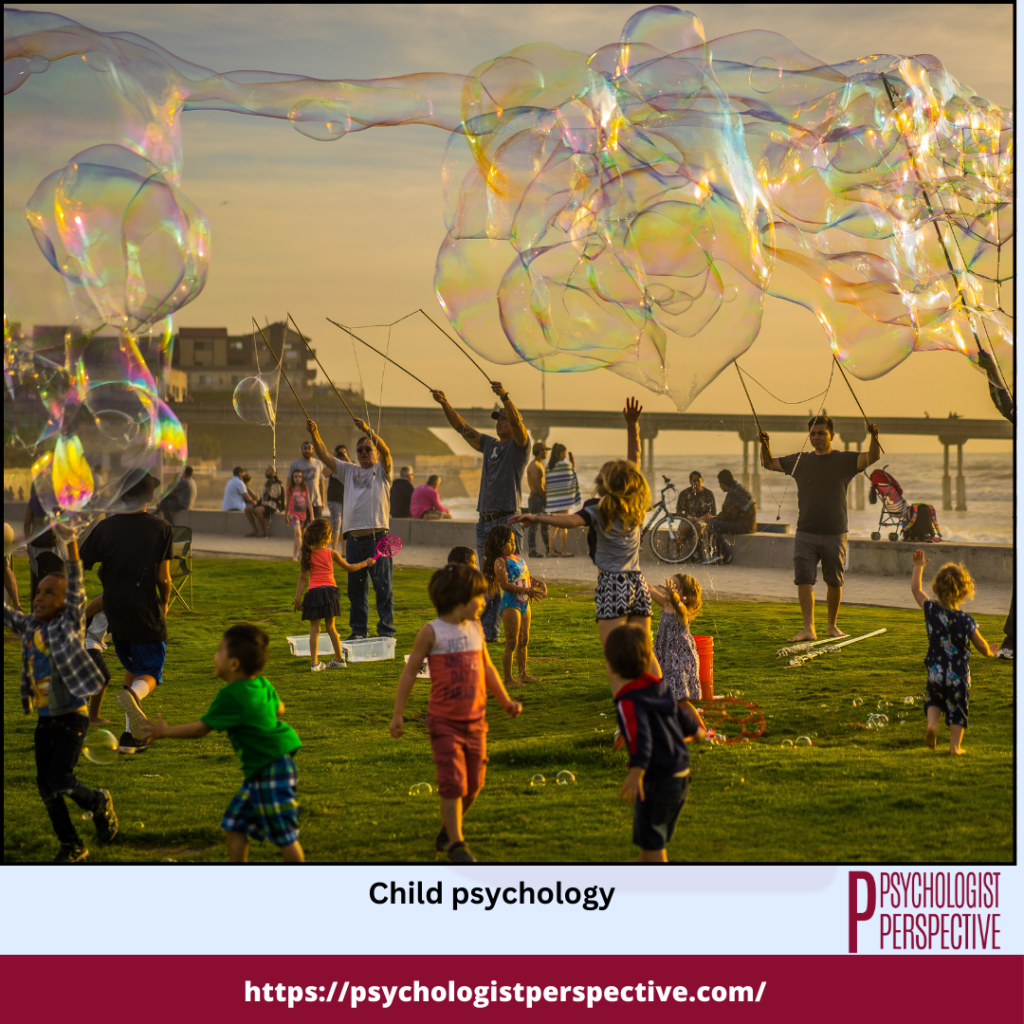Types of Psychology
Psychology is the scientific study of the mind and behavior. It encompasses various aspects such as cognition, emotion, perception, motivation, personality, and social interactions, aiming to understand and explain individual and group behavior through empirical research and theoretical frameworks.
Psychology is a vast a field that encompasses numerous sub-disciplines or types:
1.Counseling Psychology
2.Developmental Psychology
3.Social Psychology
4.Cognitive Psychology
5.Experimental Psychology
6.Industrial-Organizational Psychology
7.Forensic Psychology
8.Health Psychology
9.Educational Psychology
10.Neuropsychology
11.Positive Psychology

12.Comparative Psychology
13.Evolutionary Psychology
14.Environmental Psychology
15.Sports Psychology
16.Consumer Psychology
17.Cultural Psychology
18.Military Psychology
19.Psychometrics
20.Clinical Psychology
Clinical Psychology:
Clinical psychology involves the assessment, diagnosis, and treatment of mental, emotional, and behavioral disorders. Psychologists work with individuals, families, and groups to address psychological distress and promote mental health.
Counseling Psychology:
Counseling psychology focuses on helping individuals cope with life challenges, improve their well-being, and develop personal and interpersonal skills. Counselors often work with clients experiencing less severe psychological issues or seeking personal growth and adjustment.
Developmental Psychology:
Developmental psychology examines the psychological growth and change that occurs throughout the lifespan. It explores how individuals develop physically, cognitively, emotionally, and socially infancy through old age.
Social Psychology:
Social psychology studies how individuals think, feel, and behave in social situations. It explores the influence of social interactions, groups, and cultural factors on human behavior and mental processes. Social psychologists study a wide range of phenomena, including attitudes, social perception, conformity, obedience, prejudice, aggression, and interpersonal relationships. By employing experimental methods, surveys, and observational studies, social psychologists seek to uncover the underlying principles that govern social behavior and inform our understanding of societal dynamics.
Cognitive Psychology:
Cognitive psychology delves into mental processes, including perception, memory, thinking, problem-solving, language, and decision-making. With a focus on understanding how individuals acquire, process, and utilize information, it explores the intricate workings of the mind. By examining these processes, cognitive psychology aims to unravel the mechanisms underlying human cognition and behavior. Through the lens of perception, memory, and other cognitive functions, it sheds light on how individuals navigate their environment, make sense of the world, and adapt to various challenges.
Experimental Psychology:
Experimental psychology conducts research to study various psychological phenomena. Experimenters design studies to test hypotheses and explore fundamental principles of behavior and cognition.
Industrial-Organizational Psychology:
Industrial-organizational (I-O) psychology applies psychological principles to the workplace. (I-O) focuses on topics such as employee motivation, job satisfaction, leadership, organizational culture, and personnel selection.
Forensic Psychology:
Forensic psychology applies psychological principles to the legal and criminal justice systems. Psychologists may assess individuals involved in legal proceedings, provide expert testimony in court, and conduct research on topics related to law and psychology.
Health Psychology:
Health psychology examines the psychological factors that influence health, illness, and healthcare. It may focus on areas such as stress management, health behavior change, pain management, and coping with chronic illness.
Educational Psychology:
Educational psychology studies how people learn and develop within educational settings. Educationalist researches topics such as instructional methods, student motivation, classroom management, and the assessment of learning outcomes.
Neuropsychology:
Neuropsychology investigates the relationship between brain function and behavior. It focuses on understanding how brain damage, disease, or dysfunction affects cognitive, emotional, and behavioral processes.
Positive Psychology:
Positive psychology emphasizes the study of human strengths, well-being, and optimal functioning. Psychologist explores topics such as happiness, resilience, gratitude, and positive relationships.
Comparative Psychology:
Comparative psychology compares the behavior and cognition of different animal species, including humans. It seeks to understand the evolutionary and ecological influences on behavior and mental processes.
Evolutionary Psychology:
Evolutionary psychology applies principles of evolution to explain human behavior and cognition. It explores how natural selection has shaped psychological mechanisms to solve adaptive problems.
Environmental Psychology:
Environmental psychology studies the interactions between people and their physical environments. It explores how environmental factors influence behavior, mood, cognition, and well-being.
Sports Psychology:
Sports psychology focuses on the psychological factors that affect athletic performance and participation. It may address topics such as motivation, confidence, concentration, and the management of stress and anxiety in sports settings.
Consumer Psychology:
Consumer psychology examines the psychological factors that influence consumer behavior and decision-making. It explores topics such as advertising, branding, product design, and consumer attitudes and preferences.
Cultural Psychology:
Cultural psychology studies how cultural beliefs, values, and practices shape individual and collective behavior and cognition. It explores the cultural influences on psychological processes such as perception, emotion, and social behavior.
Child psychology:
Child psychology focuses on the study of the psychological processes and behaviors of children from infancy through adolescence. This field explores various aspects of development, including cognitive, emotional, social, and physical growth, to understand how children perceive, interact with, and adapt to their environment. Child psychology seeks to provide insights that inform interventions, support systems, and policies aimed at promoting healthy development and enhancing the well-being of children and families.

Military Psychology:
Military psychology applies psychological principles to military settings and personnel. It may address topics such as combat stress, leadership, teamwork, and the psychological effects of warfare.
Psychometrics:
Psychometrics involves the theory and techniques of psychological measurement, including the development and validation of psychological tests and assessment tools. It focuses on ensuring the reliability and validity of psychological measurements used in research and practice.
These emerging types of psychology reflect the diverse and expanding nature of the field, as researchers continue to explore new areas of study and apply psychological principles to address contemporary issues and challenges in society.As our understanding of human behavior and mental processes deepens, psychology continues to evolve and adapt to meet the needs of individuals and communities.


